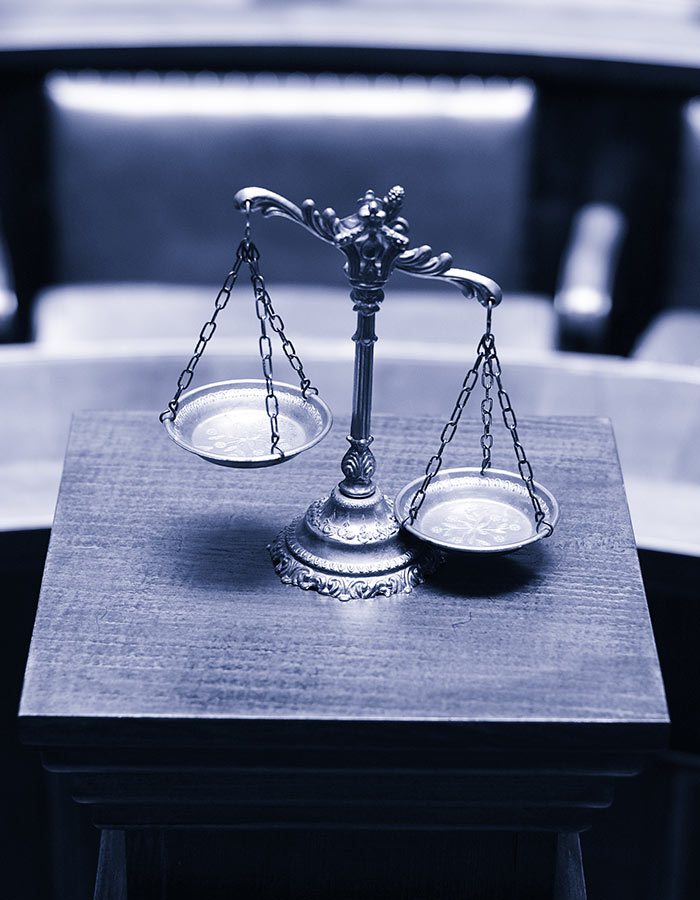Expert Advocacy (plus some comments on foreign experts)
Re Qantas Airways Limited [2004] ACompT 9 (12 October 2004)
Expert Advocacy (plus some comments on foreign experts)
Background
This was a matter heard before the Australian Competition Tribunal related to various arrangements between Qantas and Air New Zealand. It required consideration of the various markets in which the airlines operated and potential anti-competitive effects of such arrangements. Various local and international expert witnesses were called in order to determine the market(s) and the effect on the market(s).

Evidence of the Experts
There were various issues with the expert evidence. Two of the expert witnesses called1.
• Appeared reluctant to respond to questions whose answers might have been adverse to their client;
• Provided non-responsive answers and deviated to discussions of other issues which supported their clients’ cases; and
• On some occasions, were asked by the tribunal whether they could answer the question put to them and not to give a long explanation, but to no avail.
Some experts also strayed beyond their field of expertise of the relevant markets in question.
Decision
The tribunal2:
• Were concerned that on many occasions the expert opinions lapsed into advocacy;
• There were occasions when crucial assumptions underlying various factual calculations were not spelled out in as much detail as the tribunal would have liked; and
• The use of supporting empirical literature was at times selective.
This attitude and conduct lead to a “conclusion of partiality and an inability to express an objective expert opinion upon which reliance can be placed”3.
The tribunal provided some helpful guidance on the credibility and weight to be afforded to competing experts. It found:
Generally, whether an expert’s opinion is confined to his or her area of expertise and whether experts state the factual basis upon which they have formed their opinion, are useful considerations in determining at what point an expert witness ceases to be impartial and has moved beyond the bounds of legitimacy into advocating for a party. Another indicator is the willingness of an expert to respond to questions whose answers may provide support for a view which is contrary to the interests of the party calling them4.
The tribunal adjusted the weight given to the experts’ evidence accordingly.
One expert even went so far as to belittle and ridicule the opposing parties’ case which diminished his credibility even further.
Overseas experts
Several of the experts called were from outside Australia and New Zealand.
The tribunal noted that a foreign expert may be experienced and highly qualified abroad, and have a good understanding of foreign areas of expertise however this was no substitute for familiarity with local matters5.
Some of the foreign experts “revealed little knowledge” about the relevant markets and one “did not appear to have made any systematic attempt to familiarise himself” with the relevant local issue (in this case, markets).
Contrast another foreign expert who, “alone of the overseas experts made some attempt to become familiar”6 with the relevant market and sought to collect data and estimate impact of structural changes to the market. That expert commissioned new econometric evidence relevant to the issues in question. He was found to be “cogent, persuasive and balanced in his testimony” and “an impressive and credible witness”7.
Comment
This serves as a reminder of the primary role of expert witnesses in assisting the court. Experts must ensure they are careful not to lapse into advocacy for their client. Experts must be impartial, and must appear to be impartial.
A practical way for experts to seek to ensure this is to specify all assumptions and to openly and forthrightly consider and address alternative viewpoints both at the report stage, and particularly in cross examination. Experts must genuinely be experts in their specific field, and be well acquainted and knowledgeable with respect to the relevant issues in the case. They must also stay within this area of expertise, and not be drawn to speculate on areas outside this.
It also serves as a reminder about the use of foreign expert witnesses and the need for them to apply their expertise with respect to local conditions. A foreign expert is not necessarily an expert on local conditions, although a well-qualified foreign expert who has engaged with and understood local issues and nuances can be invaluable to a court or tribunal (and a party and legal team).
To see how we can potentially assist in the training of expert witnesses and their teams please contact us.
1 At para 222.
2 At para 227.
3 At para 222.
4 At para 221.
5 At para 224.
6 At para 409.
7 At para 409.
